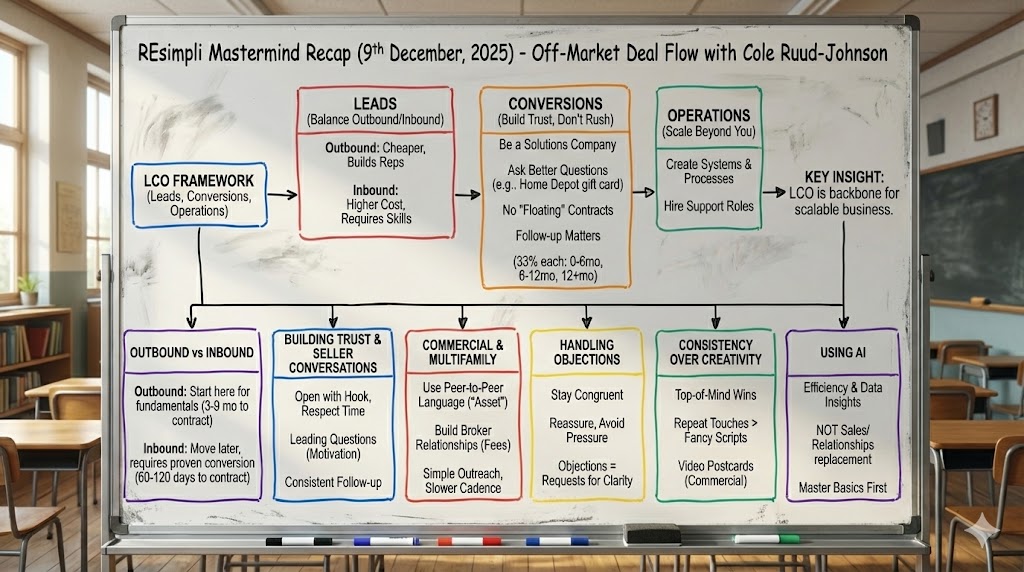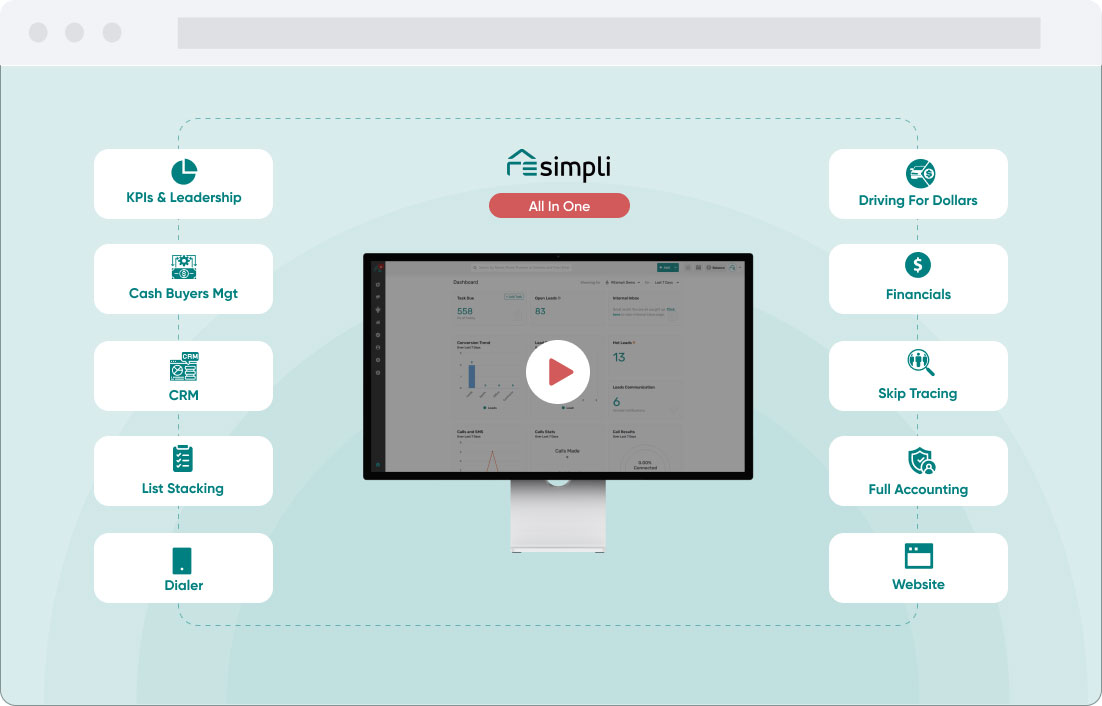Let’s start off this blog post by stating the obvious – we can’t provide a complete negotiation course in one blog post. We can, however, give you some tips and techniques that are proven to help make your negotiations easier and more successful.
Negotiation is the most important skill you can develop as a real estate investor. Think about it. Suppose you were a master contractor. You know everything there is to know about plumbing, electrical and all the trades required for rehabbing a building. How much could your skills command working for someone else? Say they were $500/hour (higher than any contractor we’ve ever found).
Now think about a negotiator. How much could you negotiate in an hour? Negotiators have been able to reduce the price of a house by 5 to 6 figures in an hour. Depending on how high end the property is, you might even be able to save over $100,000 in an hour through negotiation.
Which skill can make you more money per hour of your time?
Just like any other skill, the best way to improve is to practice. Here are 5 tips that will help. We will cover more about negotiation in future blog posts. Remember – it is VERY important to learn how to negotiate well.
Listen – This is incredibly important. Why is this person motivated to sell their house – especially for a potential discount? Once you learn what their motivation is, you can start to solve their problem(s). Many times you have to go from being a complete stranger to convincing them to sell their home for a deep discount in an hour or two. The only way you will be able to do that is to show you care about their You need to know their situation in order to care.
Help Them Sell the Deal to Their Friends and Family – Let’s say you showed up at the seller’s house and said “I’ll buy your $250,000 house for $100,000” and they agreed. Then later they were watching football with a friend and told them about the deal. Their friend would say “Boy you’re an idiot. Why would you do that?” You have to help them not look like an idiot. Explain to them the reasons it makes sense to sell at a discount. Help them form replies such as:
a. We needed to sell quickly because we’re moving out of town and our insurance will not cover a vacant house and the guy could give us cash in a week.”
b. “The buyer brought in an inspector who showed us cracks in the foundation that would cost close to $100,000 to repair.”
By providing reasons why they need to sell their home for a discount, you help them justify the sale.
Use the “Feel, Felt, Found” Technique – This phrase shows empathy and makes the seller believe other people would do the same thing, if they were in his situation. Here is an example of how you would word it:
“I understand how you feel. Many other home sellers in your situation have felt the same way about lowering the price. But we have found that in many cases they regret turning down the deal later – after they have not received any other offers for several months while still having to pay mortgage payments, taxes, insurance and other bills.”
Ask “Is that the best you can do?” – Another important rule of negotiation is to not be the first person to name a price. You never know if the seller would be willing to go lower. Once you set a price, you have created a floor. Ask them first ‘What is the best price you can give me that you think is fair?’ Once they name a price, ask ‘Is that the best you can do?’ Especially if you follow it up with showing them the negative aspects of their situation (repairs, foreclosure pending, death in the family etc.)
Minimize the Amount You Talk – Generally the more you talk the more you weaken your position. This ties into a lot of the other tips above – especially listening. Try it when you have a conversation with someone. Ask a question and then let the other person talk. When they are done talking, don’t say anything. Start counting in your head. You probably can’t get past 4 or 5 before things seem awkward between the two of you.
Then the other person will want to fix the awkwardness by talking. In a negotiation, especially after you ask the question ‘Is that the best you can do?’ just be quiet and wait. You will be amazed how people may even start negotiating with themselves. They will say things like ‘Well, I can see how it needs new paint, and that roof is only a year or so from replacement – maybe I can go down another $10,000.’



